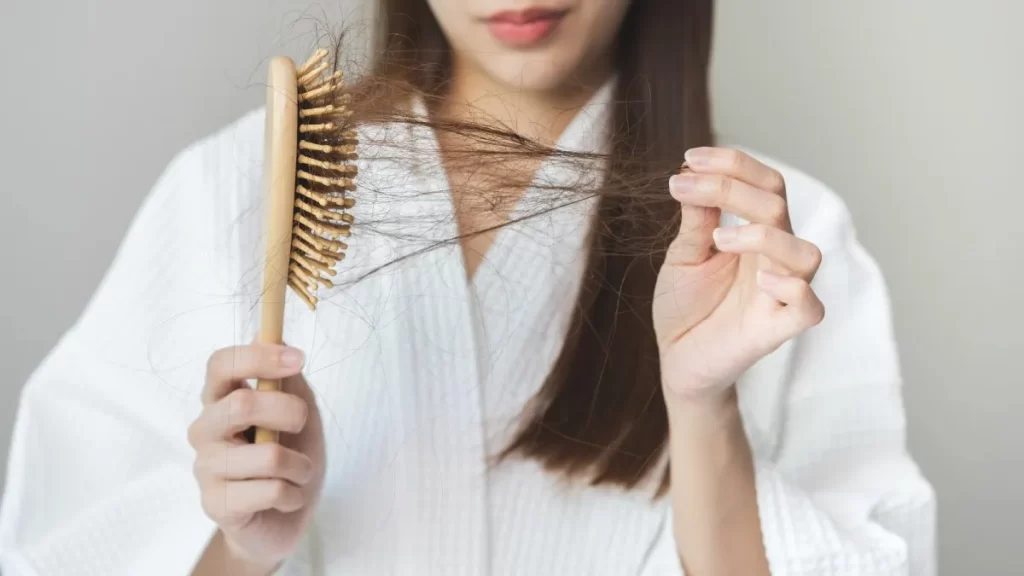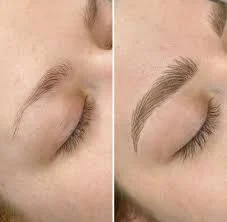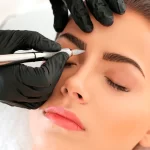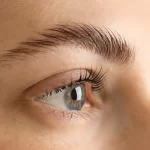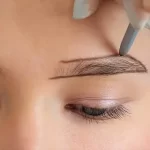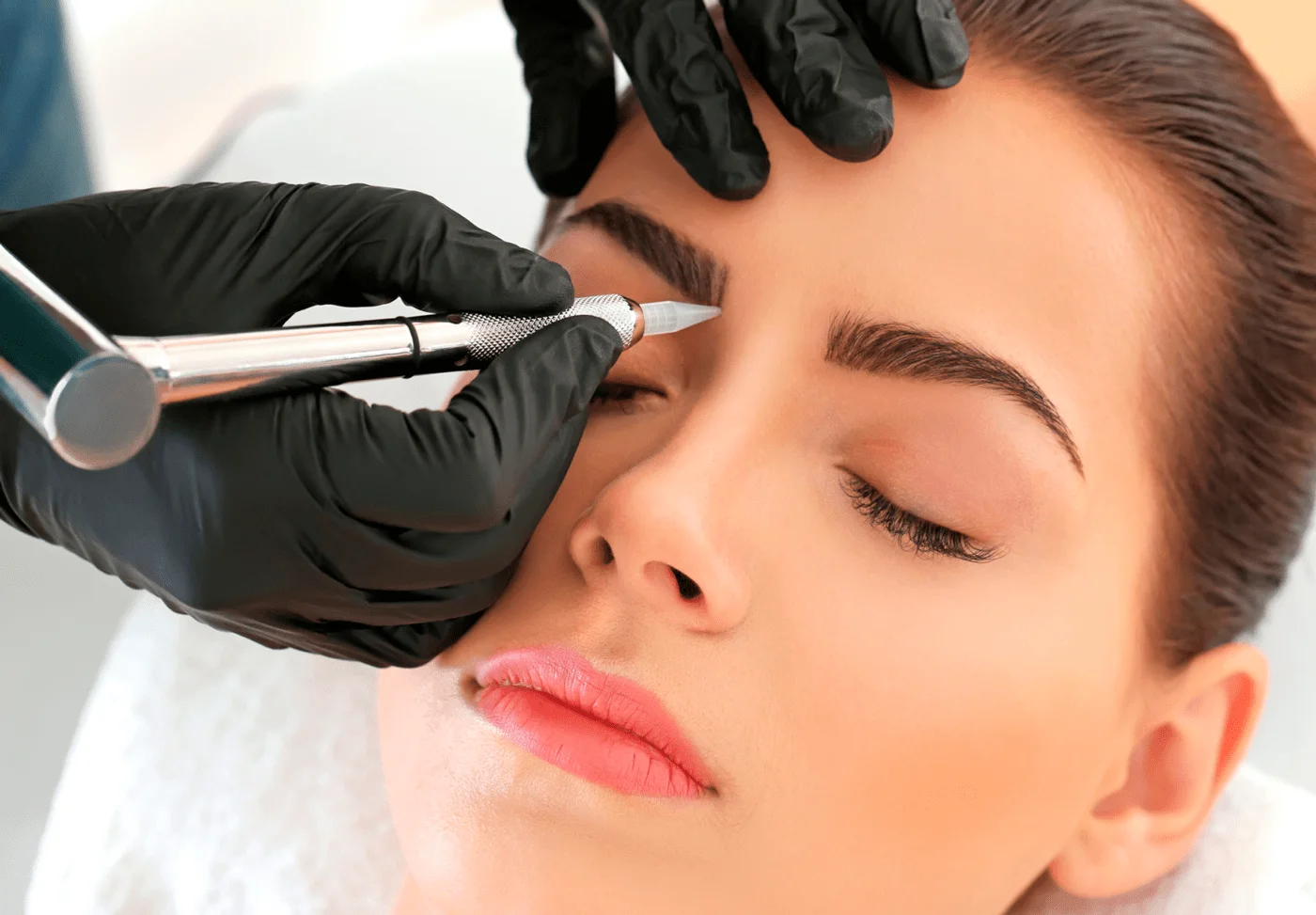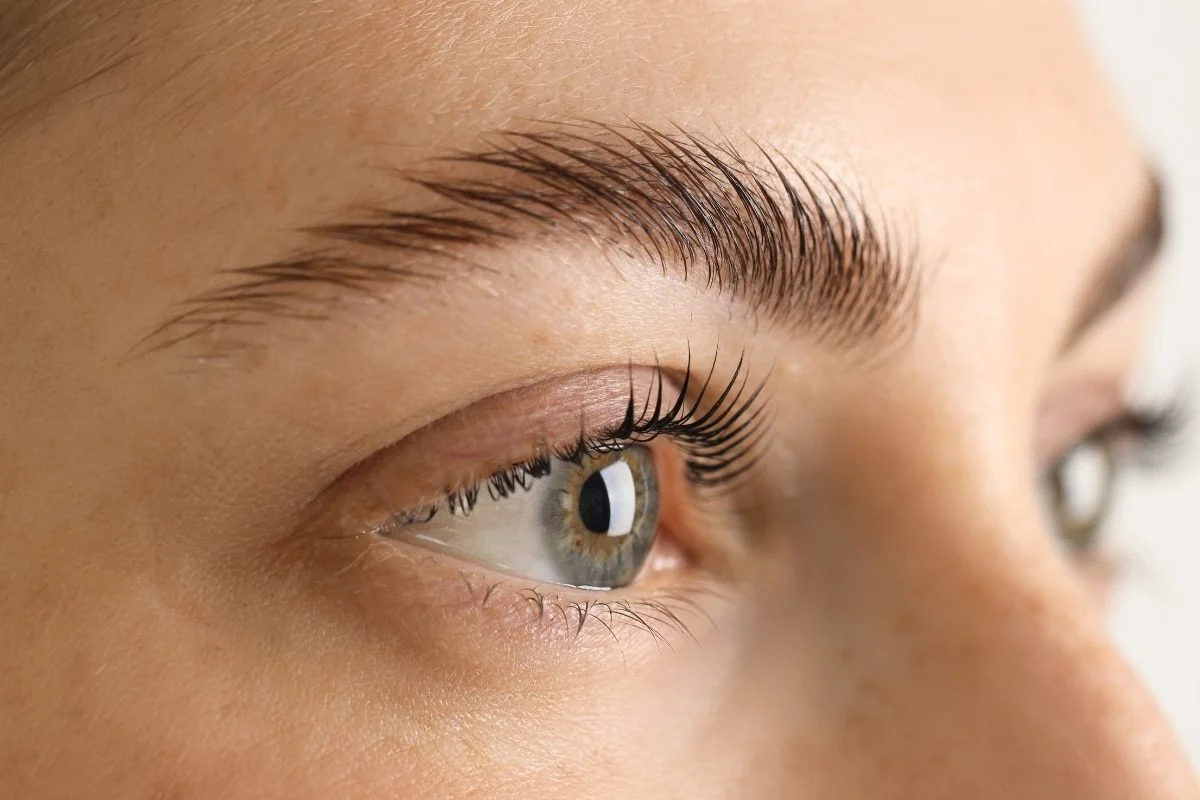Table of Contents
ToggleYes, magnesium deficiency can lead to hair loss. Magnesium is an essential mineral that plays an important role in the hair growth cycle by supporting protein synthesis, blood circulation, and follicle function. When magnesium levels are too low, follicles weaken, which can slow growth and trigger shedding.
Correcting a deficiency through diet, supplements, and professional care helps strengthen hair and supports long-term scalp health.
At Kopelman Hair, many patients ask this exact question when they notice thinning or shedding. With over 40 years of experience in advanced hair restoration, Dr. Kopelman and his team explain how maintaining healthy magnesium levels is crucial to preventing hair loss and promoting stronger, healthier hair.
Their expert guidance ensures that nutritional support complements medical treatments for optimal results.
Key Takeaways
- Magnesium supports protein production, blood circulation, and scalp health, all of which are essential for promoting strong hair growth and reducing shedding.
- Low magnesium levels can disrupt the hair growth cycle, and testing with serum or red blood cell magnesium checks helps confirm a deficiency before starting supplements.
- Food sources such as leafy greens, nuts, seeds, and whole grains provide safe and effective ways to reach the recommended 300–400 mg daily intake as part of a balanced diet.
- Professional evaluation from experts like Dr. Kopelman is recommended if hair loss continues despite proper magnesium intake or if other nutrient deficiencies, such as iron deficiency or zinc deficiency, are suspected.
Scientific Evidence and Daily Requirements
Magnesium is involved in more than 300 biochemical reactions and plays an important role in protein synthesis that supports hair follicles.
The National Institutes of Health (NIH) recommends about 310–320 mg daily for women and 400–420 mg for men to maintain normal cellular function and a healthy immune system.
These figures provide a baseline for understanding how deficiency levels can influence scalp and hair health.
Can Low Magnesium Cause Hair Loss?
Yes, low magnesium levels can disrupt the natural cycle of hair growth and lead to hair loss. Magnesium is required for protein synthesis and energy production, two processes that keep follicles active and healthy.
When levels drop, follicles may weaken, slowing the hair growth cycle and increasing shedding.
Research shows that magnesium deficiency can also worsen existing conditions, such as androgenetic alopecia. Stress, poor diet, and certain medications raise the risk of deficiency. Correcting these factors helps prevent further loss and supports strategies for preventing hair loss caused by nutritional gaps.
Symptoms of Magnesium Deficiency
Common signs include muscle cramps, fatigue, tingling in extremities, brittle nails, and increased shedding. If these symptoms appear with hair loss, a blood test can confirm magnesium levels.
Consulting a healthcare provider is the safest way to determine whether supplementation is necessary.
Testing Magnesium Levels
Doctors often begin with a serum magnesium blood test, but this may not reflect total body stores. Additional assessments, such as red blood cell magnesium or a magnesium loading test, give a clearer picture of long-term magnesium status.
Discussing these results with a healthcare provider ensures that treatment plans are safe and effective.
How Magnesium Supports Hair Growth
Magnesium helps regulate calcium levels around follicles. Excess calcium can block blood vessel function and restrict blood circulation, both of which are needed to deliver nutrients to the scalp.
Adequate magnesium keeps calcium in check and maintains healthy flow to follicles. This mineral also supports keratin production, highlighting its critical role in hair structure and growth.
Can Taking Magnesium Help with Hair Loss?
Many people ask, Does magnesium help with hair growth? Evidence suggests it can when paired with balanced nutrition and proper care.
While magnesium for hair loss is not a cure for genetic conditions, supplementation can improve scalp health and reduce breakage when deficiency is present.
Magnesium for Hair Loss: Evidence and Benefits
Studies show that magnesium reduces inflammation and supports healthy cell function, creating a better environment for hair to grow. People with telogen effluvium or stress-related hair loss may benefit from improved nutrient balance.
Magnesium Grew My Hair Back: Real Experiences and Evidence
Some individuals report noticeable regrowth after correcting a deficiency. While personal experiences vary, these results highlight the importance of balanced nutrition.
Clinical data emphasize that magnesium works best as part of a comprehensive hair care plan rather than a stand-alone treatment.
Magnesium and Hair Thinning
Low magnesium can also cause gradual thinning of hair shafts. This weakening often appears with other deficiencies, including iron deficiency and zinc deficiency, which together can disrupt the hair growth cycle.
Addressing all nutritional gaps offers the best chance to stop magnesium and hair thinning, resulting in promoted regrowth.
Best Magnesium for Hair Growth and Absorption
Choosing the right type of magnesium ensures better results because supplements differ in absorption and digestive tolerance.
Magnesium Glycinate for Hair Growth
Magnesium glycinate is gentle on the stomach and well absorbed, making it a reliable choice for long-term use. For people focused on magnesium and hair loss, this form offers consistent delivery without digestive discomfort.
Supplement Types Compared
Common options include:
- Magnesium Glycinate – Highly absorbable and gentle for daily supplementation.
- Magnesium Citrate – Well absorbed but may have mild laxative effects.
- Magnesium L-Threonate – Crosses the blood–brain barrier, studied mainly for cognitive benefits.
- Magnesium Oxide – Widely available but less bioavailable than other forms.
This overview can guide discussions with a healthcare professional about which magnesium is best for hair growth.
Dietary Sources of Magnesium
Food remains the best natural source of magnesium for hair growth. Good options include leafy greens, nuts, seeds, whole grains, and legumes.
Including these foods in daily meals supports healthy hair without relying solely on supplements.
Quick Tips for Daily Intake
- Eat a variety of magnesium-rich foods daily to support hair growth.
- Aim for 300–400 mg of magnesium per day from food and supplements combined.
- Seek professional testing if you notice persistent shedding or fatigue.
- Pair magnesium intake with balanced levels of iron, zinc, and vitamin D for full hair support.
Does Magnesium Cause Hair Loss?
A common question is whether magnesium itself can trigger shedding. Current evidence shows no link between normal intake and hair loss. Instead, adequate levels protect the scalp and help maintain the growth cycle.
Does Too Much Magnesium Cause Hair Loss?
Excessive supplementation can cause digestive issues, but it does not directly cause hair loss. Problems typically occur only when intake far exceeds recommended limits.
Safe Intake and Supplement Guidelines
Adults generally need 300–400 mg of magnesium per day from food and supplements combined. According to the NIH, the tolerable upper intake level for supplements is 350 mg daily.
Exceeding this amount may lead to digestive discomfort such as diarrhea or cramping. People with kidney disease or those taking certain medications should seek medical advice before starting supplementation.
What Mineral Am I Lacking if My Hair Is Falling Out?
While magnesium deficiency can contribute to hair loss, other nutrients also play a role. Low levels of iron deficiency or zinc deficiency may lead to thinning or breakage, and high dihydrotestosterone DHT can disrupt the hair growth cycle.
A comprehensive blood test can identify multiple deficiencies and guide proper treatment that includes a balanced diet and professional supervision.
This highlights the close link between deficiency and hair loss, where more than one nutrient shortfall may be involved.
Treatment Integration
Magnesium should be viewed as part of a broader treatment plan rather than a stand-alone solution. For patients with genetic hair loss, therapies such as platelet-rich plasma (PRP), prescription medications, or hair transplantation may be necessary.
Dr. Kopelman often recommends optimizing nutritional status, including magnesium levels, before or alongside these advanced procedures. This integrated approach supports follicle strength and maximizes the success of surgical or medical treatments while aiding in preventing hair loss from progressing.

When to Seek Expert Hair Loss Treatment
If hair loss continues despite dietary changes, professional evaluation is essential. Dr. Kopelman and the team at Kopelman Hair specialize in advanced treatments, including hair transplants and medical therapies tailored to each patient.
A professional assessment ensures that underlying medical issues, such as thyroid disorders or hormonal imbalances, are addressed early.
Real-World Evidence
Some Kopelman Hair patients have reported noticeable improvement in hair density after correcting a confirmed magnesium deficiency. One patient saw reduced shedding and stronger regrowth within three months of adding magnesium-rich foods and a doctor-approved supplement.
While individual outcomes vary, these examples highlight how proper nutrient balance can complement professional hair restoration treatments. Such experiences reinforce the value of combining dietary care with expert medical guidance.
If you are experiencing thinning or shedding and want expert guidance on restoring healthy hair, schedule a consultation with Kopelman Hair today.
Dr. Kopelman and his team will evaluate your scalp, identify possible nutrient deficiencies, and create a personalized treatment plan to support hair growth and prevent further loss.


